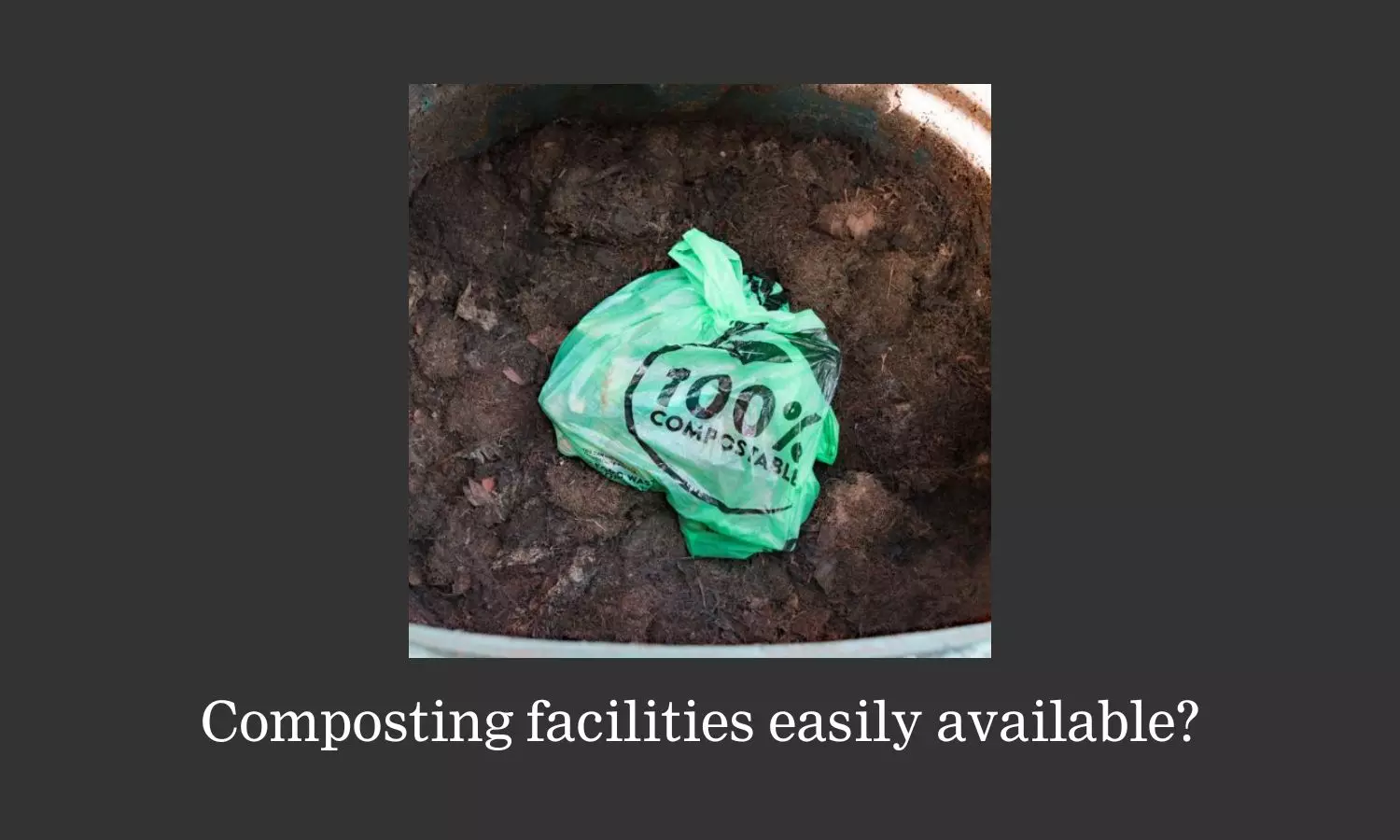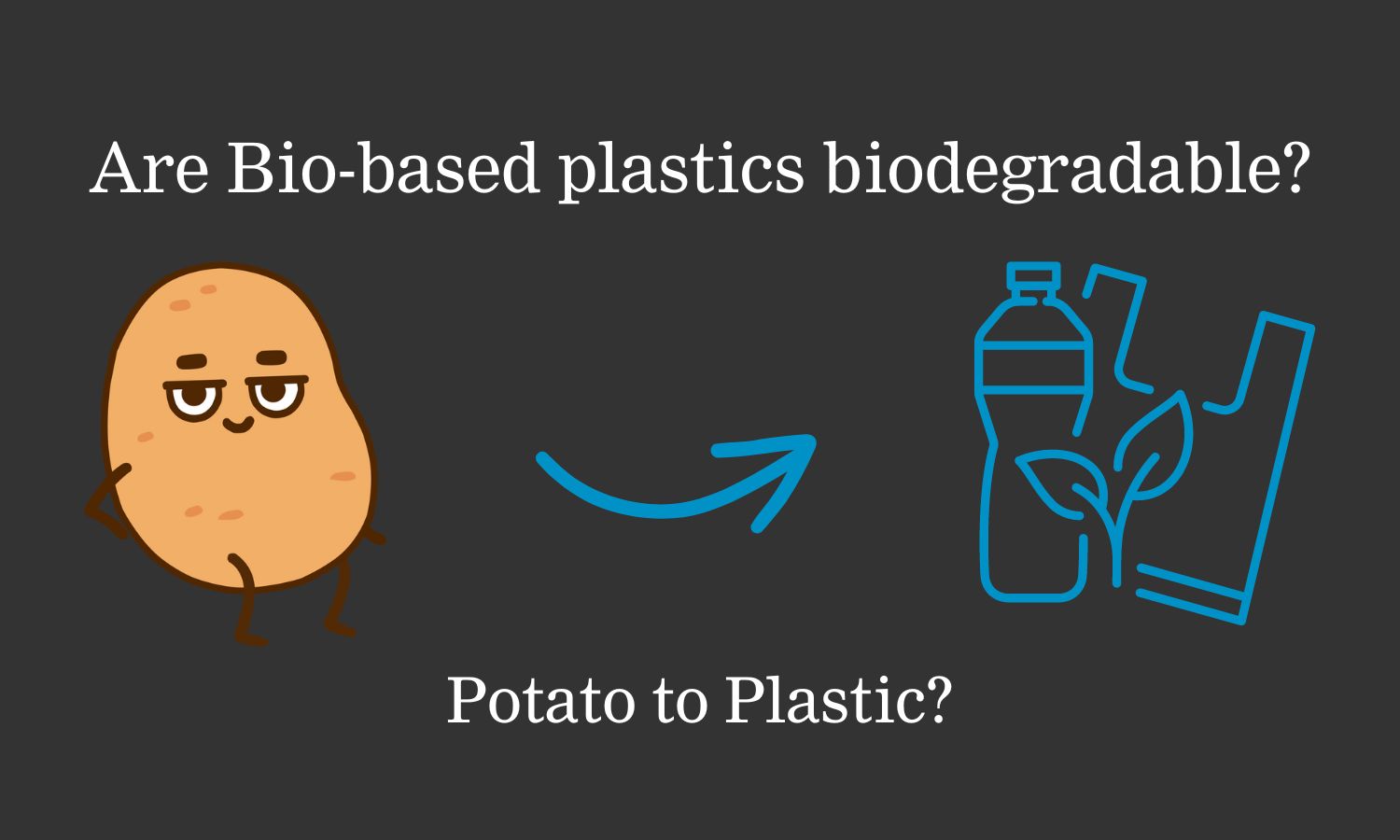Making plastic out of biomass isn’t a new idea, Parkesine also known as celluloid which is derived from cellulose found in plants was considered the first manufactured plastic. In 1941, Ford produced a soybean concept car made with soybean-derived agricultural plastic. The tricky bit about bio-plastics is that all of them are not biodegradable. Around 52% of the bio-plastics produced today are not biodegradable. The term Bio-based doesn’t mean it turns back into soil. Some bio-plastics are compostable meaning they only degrade when provided with a certain set of conditions.
Composting facilities may or may not be available in all areas and it's challenging to segregate normal plastic with the one compostable which is the most crucial part. Eventually, petroleum-based plasticstook over as they were much easier to produce and versatile. Real plastics are made out of oil and petroleum products. People like it because it's cheap, easy to work with and it is durable. Unlike traditional plastic, Bio-plastics are produced from renewable biomass sources, and agricultural bi-products such as corn, sugar, glycerin, vinegar, and water which are edible.
Woodchips, sawdust, and recycled food waste are also used. The bio-plastics industry is experiencing rapid growth and a big boost as the world shifts towards sustainable living and eco-friendly options. In recent years demand for sustainable materials and bio-based products has increased drastically.
We, humans, have finally caught on the missed boat of realizing how bad traditional plastics are for the environment. Some countries have banned single-use plastics and opted for biodegradable stuff instead, resulting in the bio-plastics industries to ace it. Bio-plastics have started to replace regular plastics in several areas from disposable cutlery to food packaging and also automotive industries over the past decade giving us the cleaner way forward.
Bio-plastics now fit into a lot of different uses, technology, and research have made use of various new types of materials that work better, making them persistent and safe for the environment. The use of bio-plastics can be better than conventional plastics as it reduces dependency on fossil fuels and mitigates the impact of conventional plastics on the environment. They significantly cut down the carbon footprint and decrease waste accumulation in landfills and oceans. The solution lies in minimizing the use of it regardless of whether it is bio-based or not.



